What Foods Are Toxic to Dogs? A Comprehensive Guide to Keeping Your Canine Safe" opens the door to a world where our four-legged companions are cherished family members.
I love my dogs very much, therefore I am well aware of how crucial it is to maintain their safety and health. And that's why I want to talk to you about something that many dog owners might not be aware of: foods that are dangerous for dogs to consume.
You may be startled to hear that many ordinary meals can be unhealthy, even poisonous, to dogs. That is why it is critical to be aware of certain foods and take precautions to keep your dog from swallowing them.
I'll be giving a detailed rundown of all the foods that are harmful to dogs in this post, along with justifications for why each item is so. Moreover, I'll discuss how to prevent dog food poisoning and what to do if you think your dog may have ingested anything harmful.
 #
#
Thus, continue reading if you wish to guarantee the health and safety of your dog. Your canine companion will appreciate it!
Toxic Foods for Dogs

Now, let's talk about the foods that are not safe for our furry friends. Some of these might surprise you!
First up, we have chocolate and caffeine. These substances can be toxic to dogs, even in small amounts. So, it's best to keep your coffee, tea, and chocolate stash well out of your dog's reach.
Another food to avoid giving your dog is grapes and raisins. Although the exact reason is still unknown, these fruits can cause kidney failure in dogs.
You should also avoid giving your dog onions and garlic, which contain compounds that can damage their red blood cells and lead to anemia.
Now, you might be thinking, "What could be wrong with avocados? It's so healthy for humans!" But unfortunately, avocado contains a toxin called persin that can be harmful to dogs.
Alcohol is another big no-no when it comes to dogs. Even small amounts of alcohol can cause vomiting, diarrhea, difficulty breathing, and in severe cases, coma, and death.
Xylitol is an artificial sweetener that's commonly found in sugar-free gum and candy, and it's also toxic to dogs. It can cause rapid insulin release and a dangerous drop in blood sugar levels, as well as liver failure.
Macadamia nuts are another food to avoid giving your dog. These nuts can cause lethargy, vomiting, and hyperthermia in dogs.
While bones might seem like a natural treat for dogs, cooked bones can be dangerous. They can splinter and cause blockages or tears in your dog's digestive system.
Fatty foods, like bacon or sausages, can also be problematic for dogs. Consuming too much fat can lead to pancreatitis, which can cause vomiting, diarrhea, and abdominal pain.
Last but not least, it's important to keep human medications out of your dog's reach. Many medications, even over-the-counter ones, can be toxic to dogs.
What Foods Are Toxic to Dogs and Why Each of These Foods are Dangerous for Dogs

Theobromine, a stimulant that is present in both chocolate and caffeine and which can result in vomiting, diarrhea, hyperactivity, seizures, and in extreme circumstances, death, is one of these two substances. Since they have higher theobromine concentrations than milk chocolate, dark chocolate, and baking chocolate are poisonous.
Grapes and raisins have been linked to rapid renal failure in dogs, while the specific cause is uncertain. Some dogs may vomit and have diarrhea before developing renal failure, but others may not exhibit any signs until it is too late.
Onions and garlic contain thiosulphate, a chemical that can cause oxidative damage to red blood cells in dogs, resulting in anemia. Anemia symptoms include fatigue, pale gums, and lethargy.
Avocado toxin persin can cause vomiting and diarrhea in dogs. In extreme cases, it can cause breathing difficulty and fluid accumulation in the chest.
Alcohol can depress the neurological system of dogs, causing vomiting, diarrhea, trouble breathing, and, in severe cases, coma and death. When compared to humans, dogs are far more affected by alcohol, and even little amounts can be fatal.
In dogs, xylitol can cause a rapid release of insulin, resulting in a dangerous drop in blood sugar levels. In severe cases, it can cause liver failure and death. Overdoes of xylitol can result in vomiting, loss of coordination, and seizures.
Macadamia nuts can cause lethargy, fever, vomiting, and tremors in dogs. Although the exact cause is unknown, symptoms usually appear after 12 hours of ingestion and can last for up to 48 hours.
Cooked bones, especially small bones like chicken bones, can fracture and cause obstructions or tears in dogs' digestive tracts. These injuries can be incredibly painful, necessitating surgery to correct them.
Fatty foods, such as bacon or sausages, can trigger pancreatitis in dogs. This is a disease in which the pancreas becomes inflamed and loses its capacity to function normally. Symptoms of pancreatitis include vomiting, diarrhea, and stomach discomfort.
Human drugs, even in little dosages, may be extremely dangerous to dogs. Some medicines can cause liver damage.
Symptoms of food poisoning in dogs

It's critical to understand the signs of food poisoning in dogs so you can act if you fear your dog has eaten something it shouldn't have.
Vomiting and diarrhea are the most typical signs of food poisoning in dogs. If your dog vomits or has loose feces, this indicates that something is wrong with its digestive system. A typical symptom is loss of appetite, since dogs may feel too nauseated to eat.
Food poisoning in dogs is also characterized by lethargy and weakness. If your dog appears fatigued, isn't interested in playing or going for walks, or is generally less energetic, this might be an indication that they're unwell.
Tremors and seizures are more severe signs of canine food poisoning and might indicate a dangerous disease such as renal failure or liver damage. If your dog is having tremors or seizures, you should seek veterinarian assistance right once.
Another sign to keep an eye out for is an increase in heart rate and breathing rate. If your dog's heart is racing or he is breathing faster than normal, this might be an indication of discomfort or distress.
It's important to remember that these symptoms can also be signals of other ailments, so if you're unclear whether your dog has food poisoning or not, get veterinarian attention. Your veterinarian can perform tests and treat your dog.
Preventing food poisoning in dogs
It all comes down to being cautious and observant of what you give your canine companion. Here are a few pointers to remember:
To begin, it is critical to keep human food out of reach. Due to their curiosity, dogs frequently attempt to steal food off the counter or table. Make sure your dog can't get the trash can and keep any food out of reach to avoid this.
Second, it is critical to understand and avoid harmful meals. As previously stated, several foods are harmful to dogs, including chocolate, grapes, onions, and garlic. Check that you are familiar with these foods and do not feed them to your dog.
If you want to give your dog table scraps, be cautious of what you serve them. Adhere to lean meats and vegetables and avoid rich or spicy foods that might cause stomach distress. Likewise, remember that table scraps should be provided in moderation because they might upset your dog's nutrition and cause weight gain.
Use dog-friendly snacks and food as a final option. You may feel comfortable giving your canine companion a variety of commercially available treats and dog food brands that are made especially for canines. These dog treats and snacks are often nutritious and safe for dogs, and they may help make sure that your dog receives all the nutrition they require.
You can help keep your dog healthy and happy by following these easy actions.
To summarize, it is critical to be informed of what foods are toxic to dogs and to take precautions to avoid food poisoning in your canine companion. You can help keep your dog healthy and happy by avoiding risky foods, understanding the symptoms of food poisoning, and following the suggestions we've provided.
Check out my cookbook "Pawsitively Perfect: 54 Gourmet Home-Made Dog Food Recipes" if you're seeking some tasty and healthy homemade dog food recipes. These dishes are simple to prepare and contain healthful ingredients that your dog will like.
Remember that sharing this article with other dog owners is a terrific way to help spread the word about how important it is to be conscious of what we feed our pets. Let us all do our share to keep our four-legged pals happy and healthy!
Thank you for reading this post; please feel free to share it with your friends and family. Please do not hesitate to contact us if you have any questions or comments.
FAQ What Foods Are Toxic to Dogs?
What are some common human foods that are not safe for dogs to eat?
Some of the most common foods that are not safe for dogs to eat include chocolate, caffeine, grapes and raisins, onions and garlic, avocado, alcohol, xylitol (found in some sugar-free gum and candy), macadamia nuts, cooked bones, and fatty foods.
Can dogs eat human food at all?
While some human foods can be safe for dogs to eat in moderation, it's generally best to avoid feeding your dog human food altogether. Dogs have different nutritional needs than humans, and many human foods can be harmful or even toxic to dogs.
What are some symptoms of food poisoning in dogs?
Symptoms of food poisoning in dogs can include vomiting and diarrhea, loss of appetite, lethargy and weakness, tremors and seizures, and increased heart rate and breathing rate.
How can I prevent my dog from getting food poisoning?
To prevent food poisoning in your dog, it's important to keep human food out of reach, know which foods are dangerous and avoid them, be careful when feeding your dog table scraps, and use dog-friendly treats and food.
What should I do if I suspect my dog has eaten something dangerous?
If you suspect your dog has eaten something dangerous, contact your veterinarian immediately. They can advise you on the best course of action, which may include inducing vomiting or other treatment. Don't wait to seek help, as time is of the essence when it comes to preventing food poisoning in dogs.
I hope these answers help you understand what foods not to feed your dog and how to keep your furry friend safe and healthy!
Further information about foods not to feed your dog
These websites offer a wealth of information about foods to avoid feeding your dog, including specific details on each item and how to recognize the symptoms of food poisoning in dogs. It's important to stay informed and keep your furry friend safe and healthy!


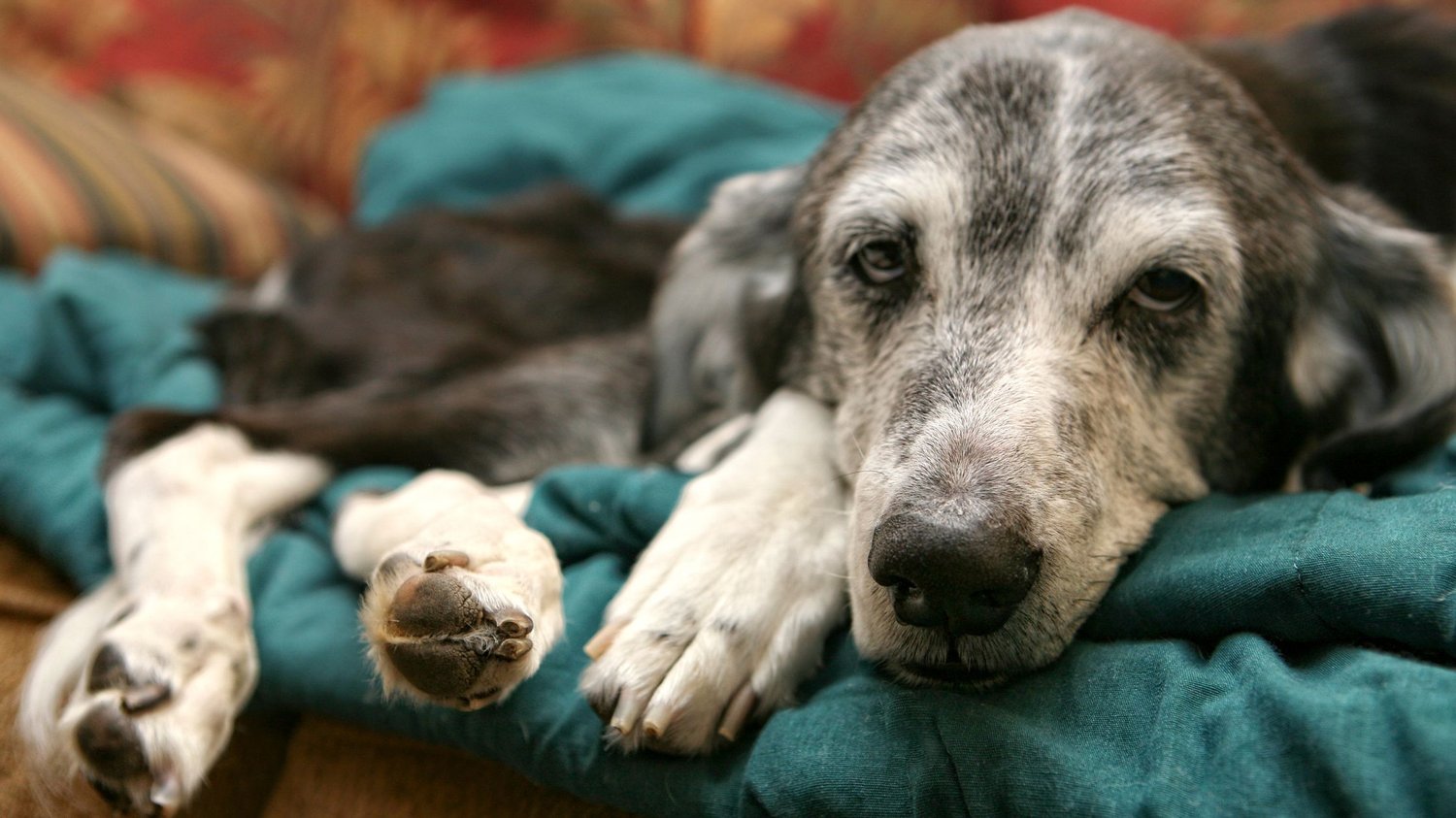


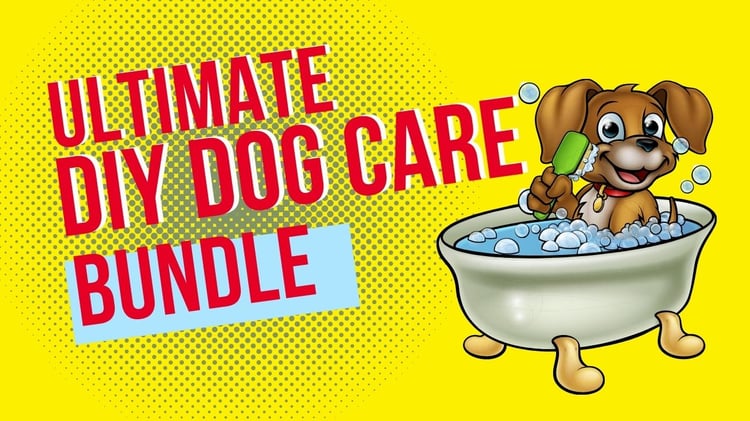







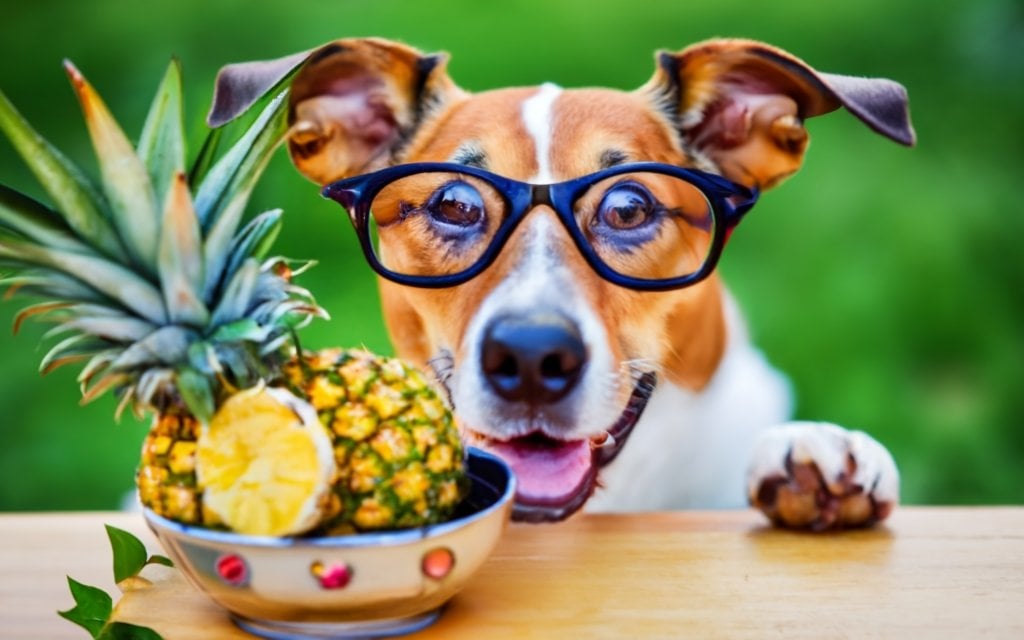
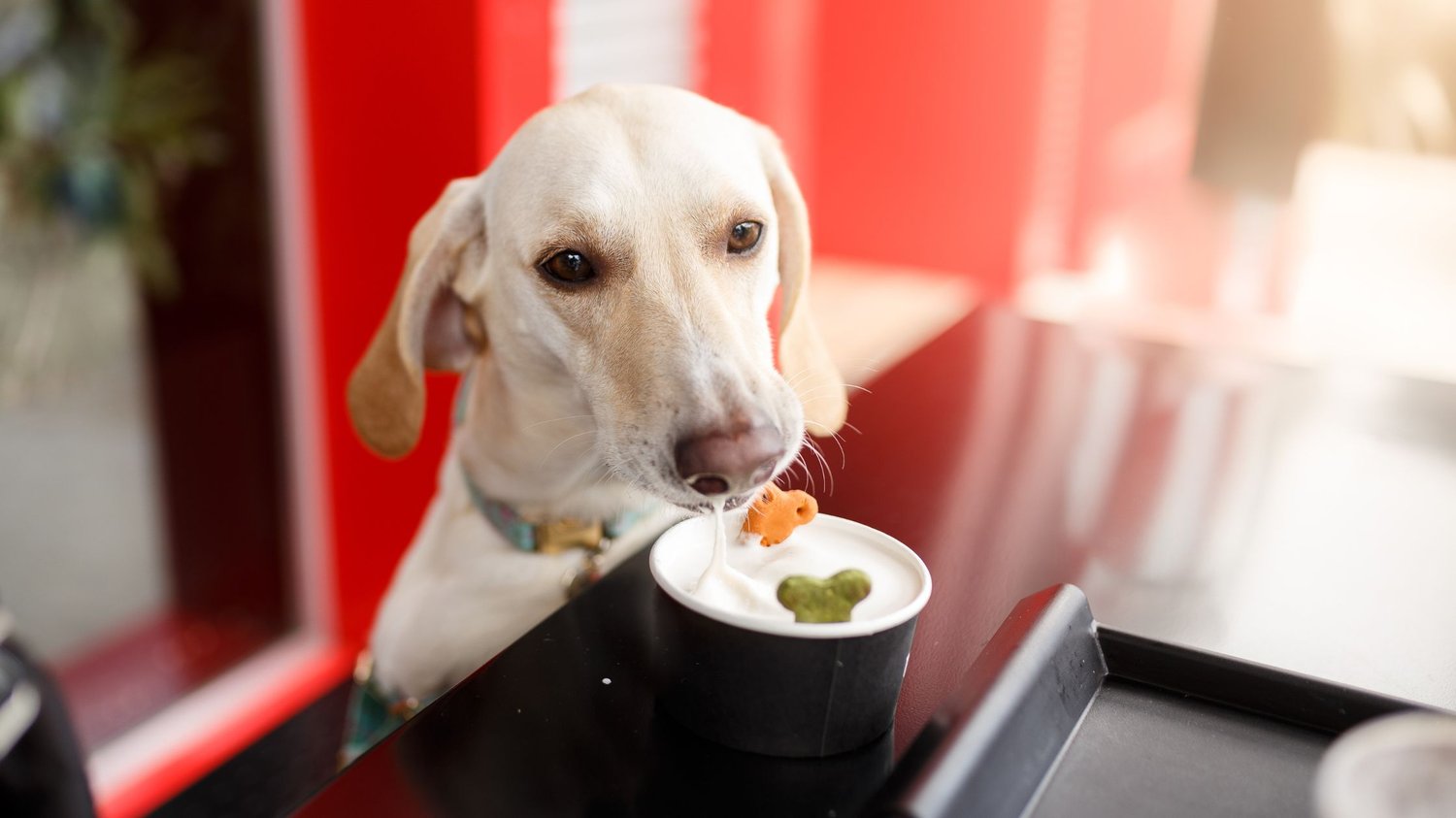
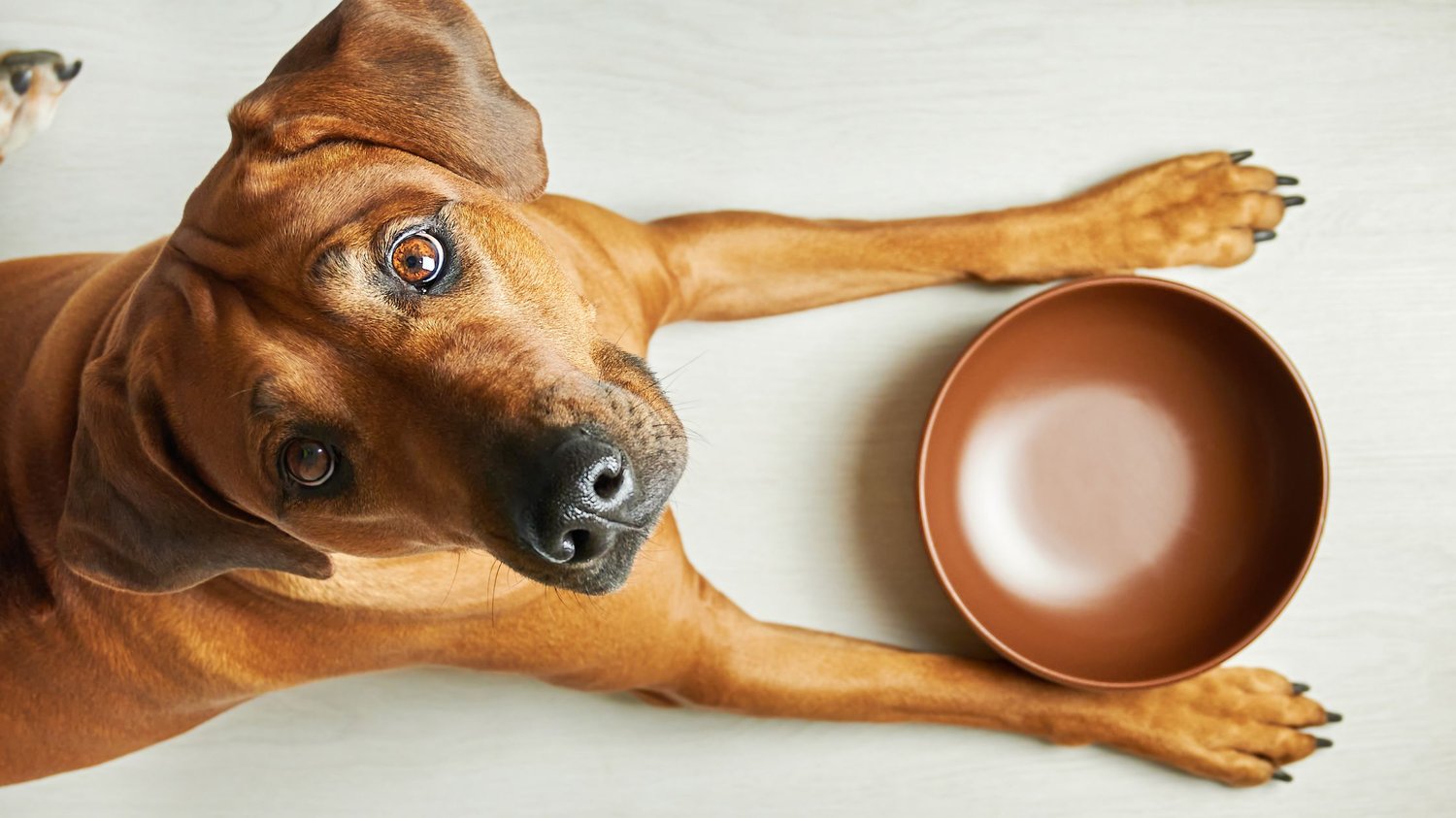

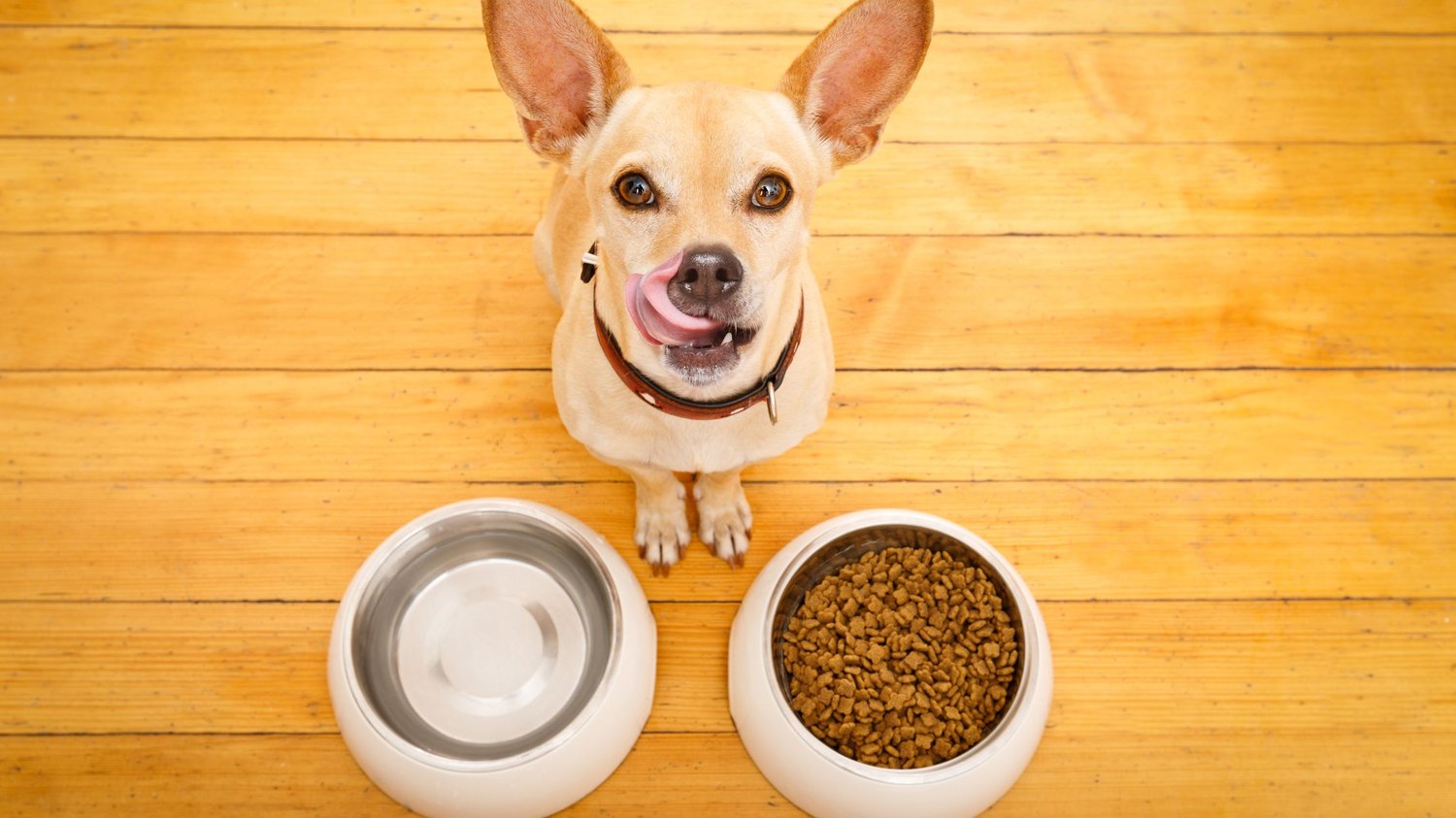
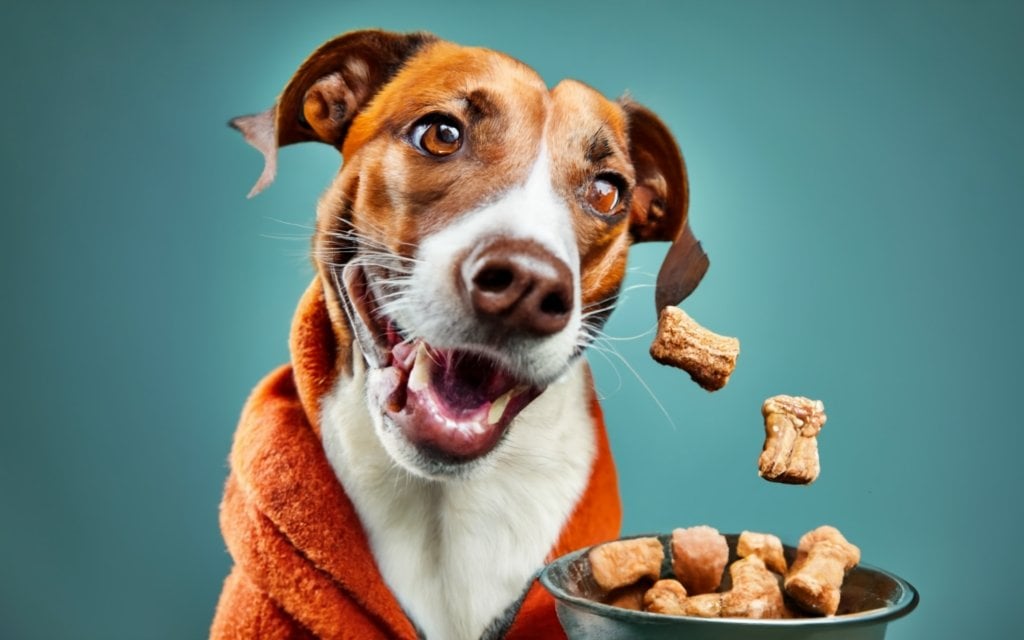
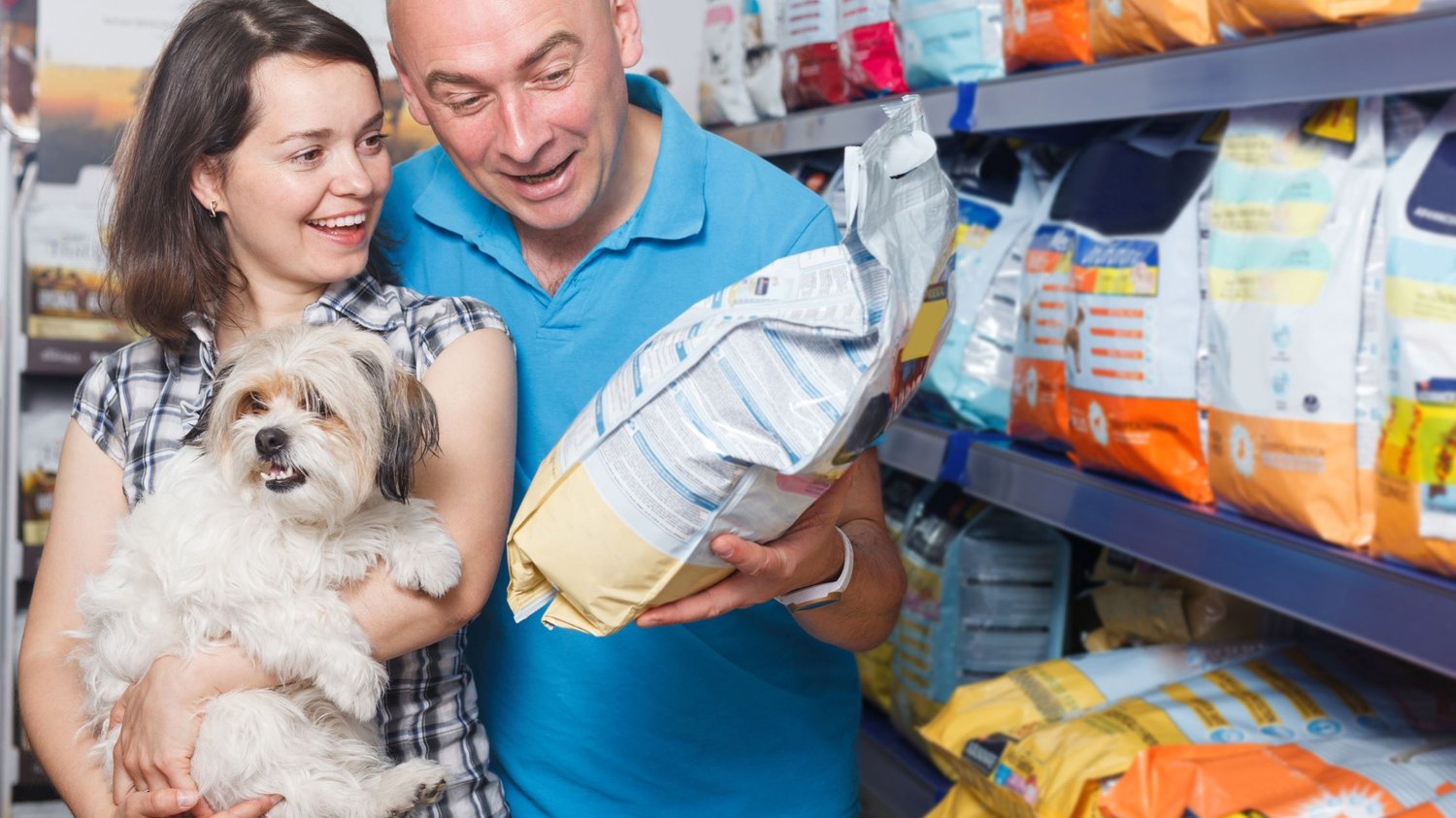
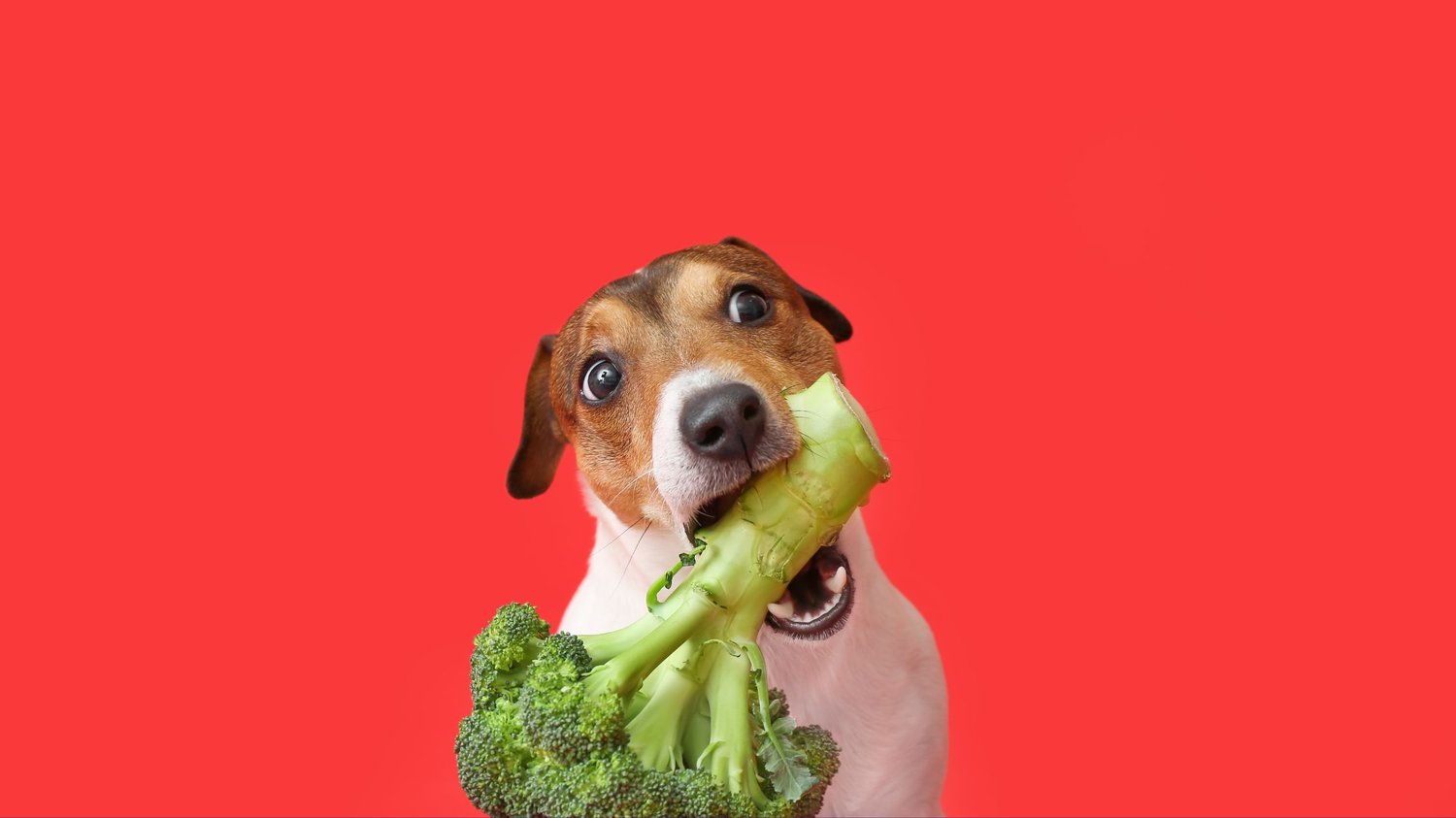

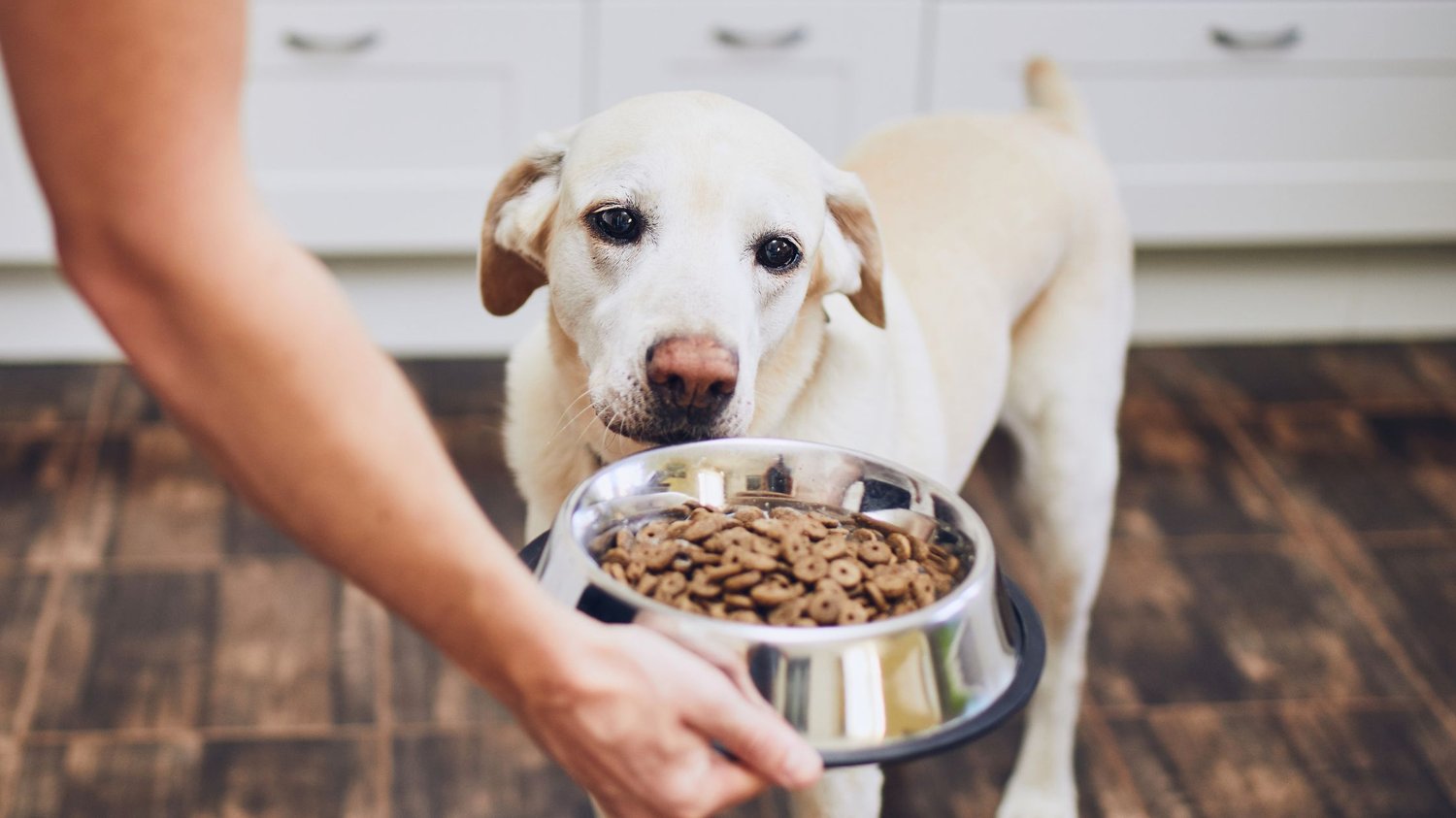
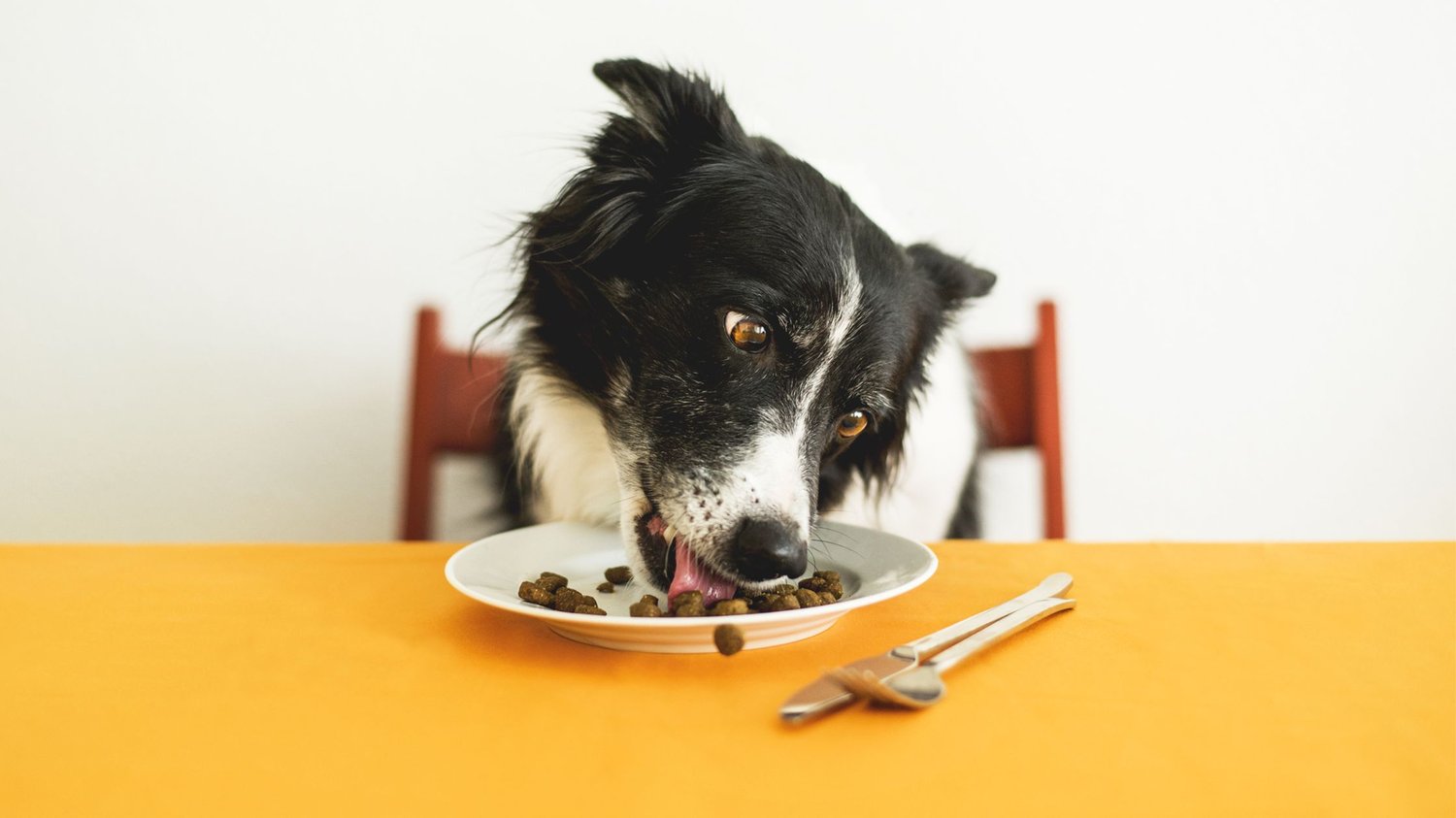
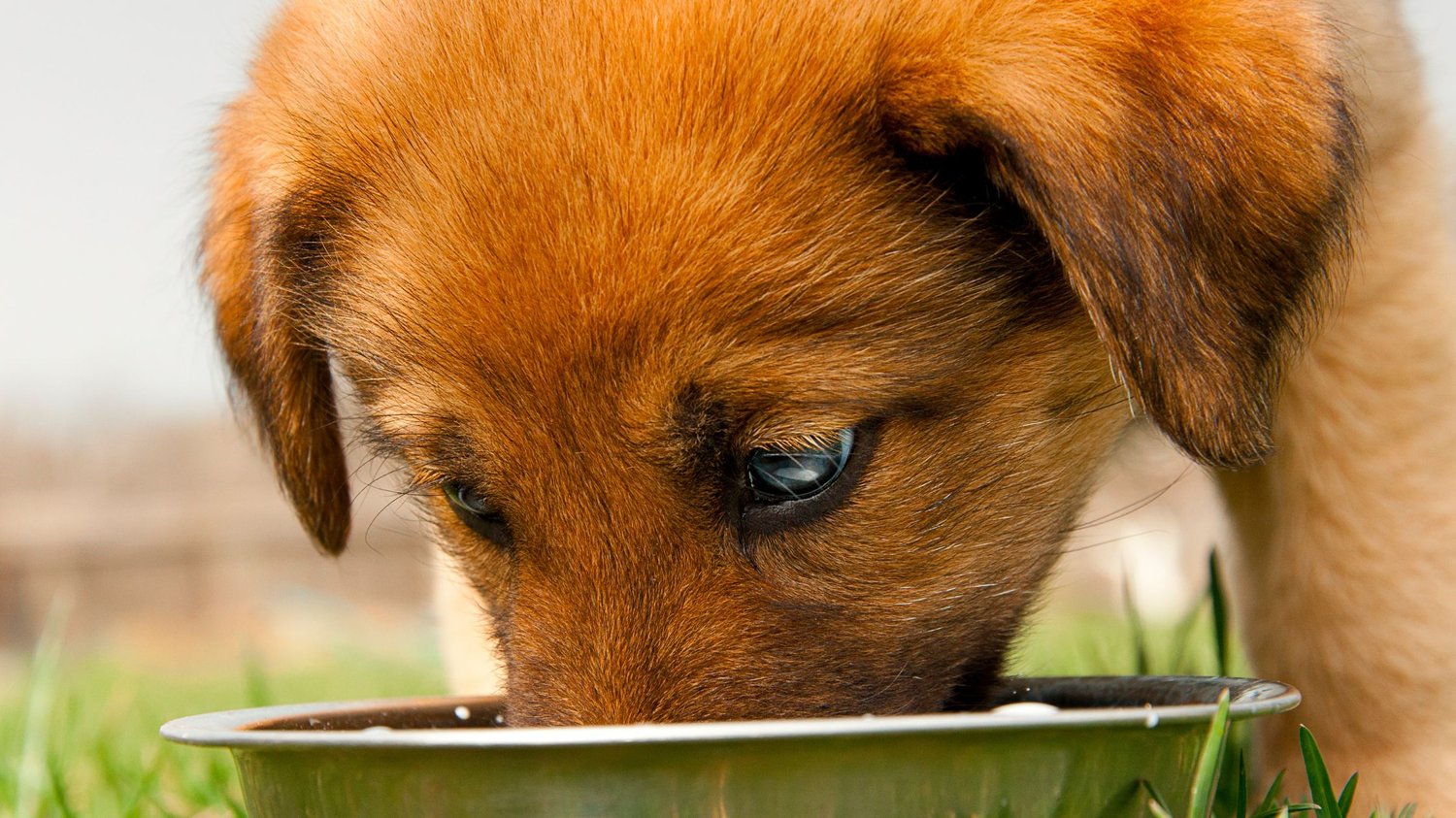
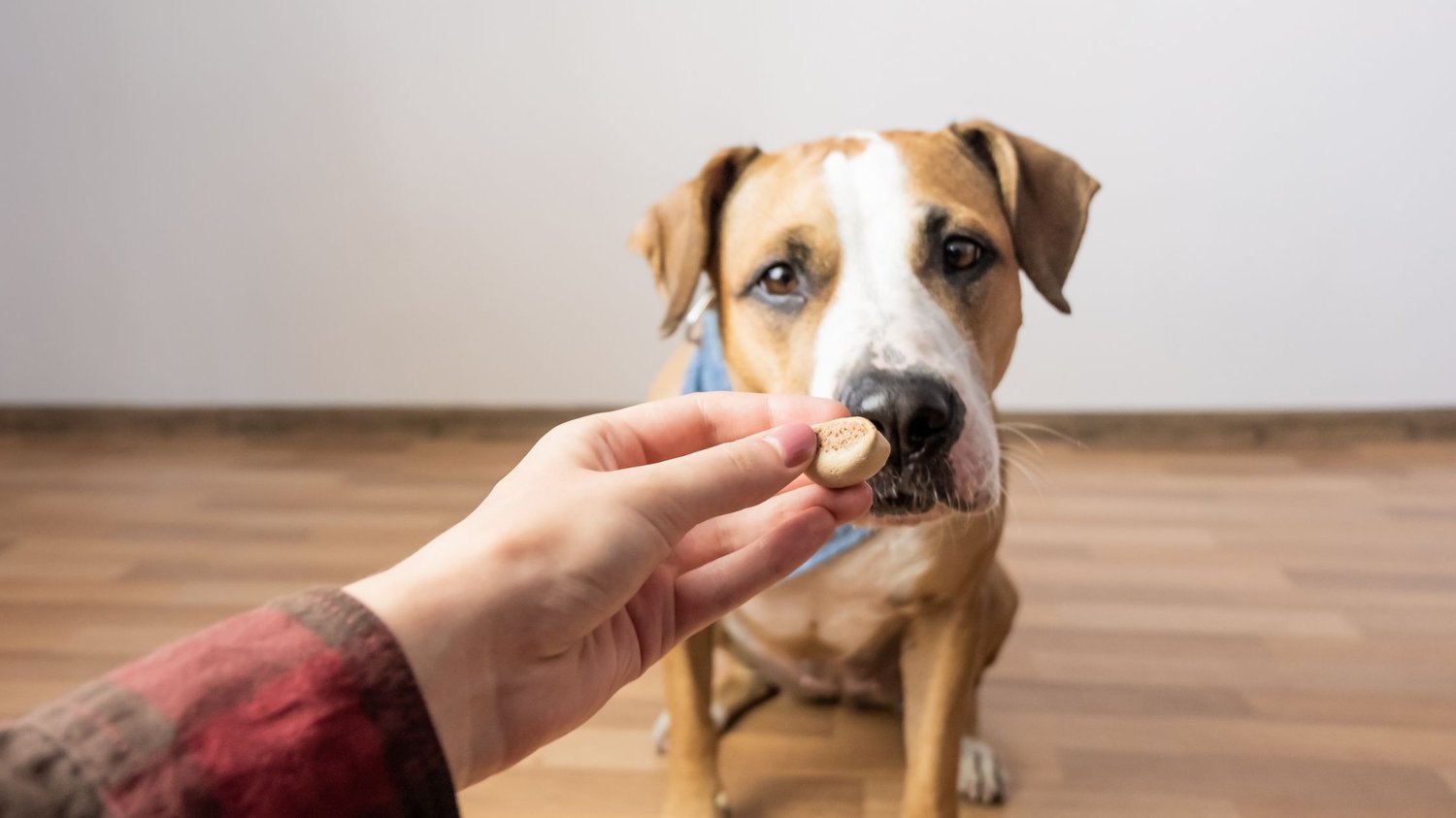
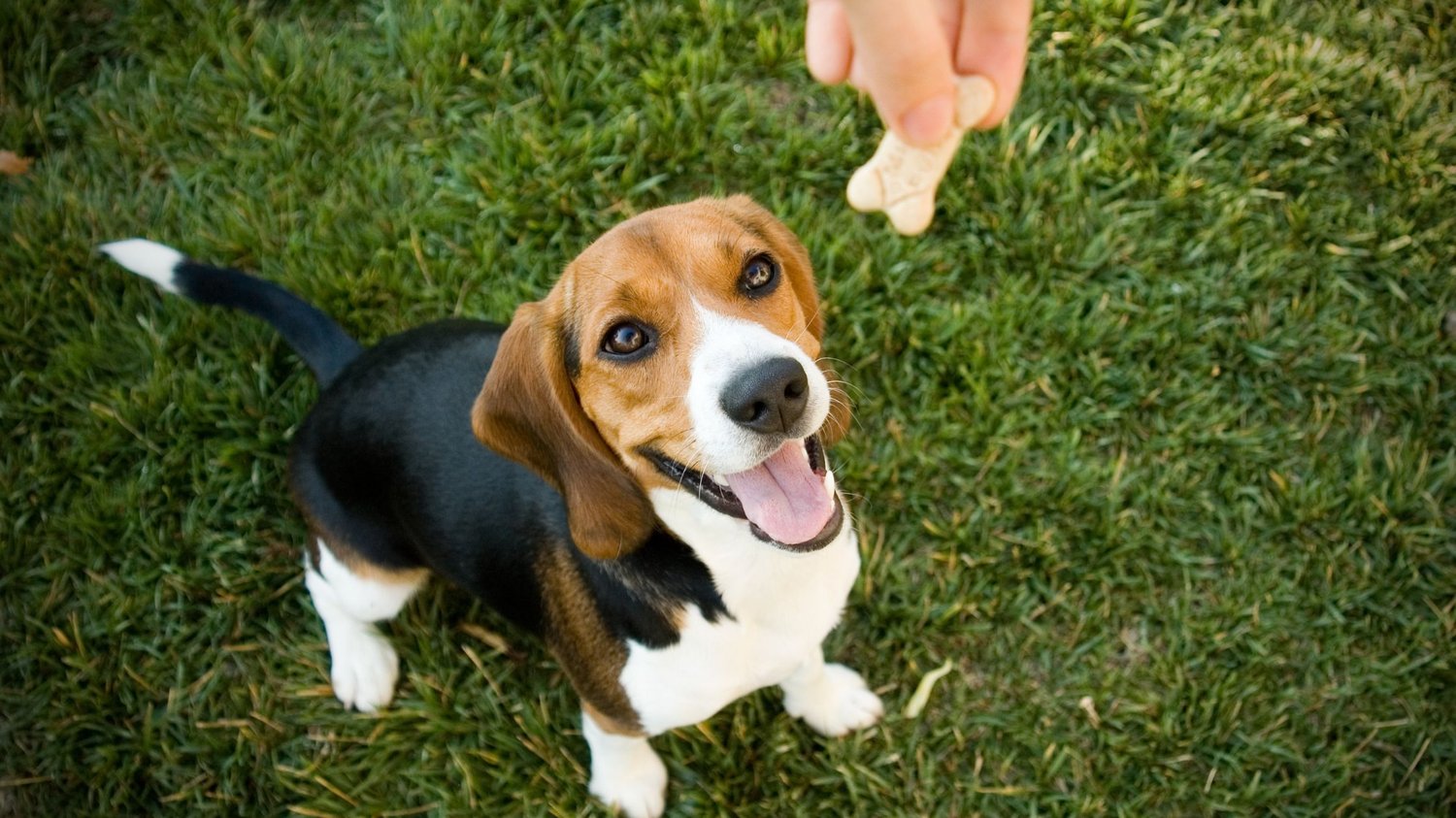
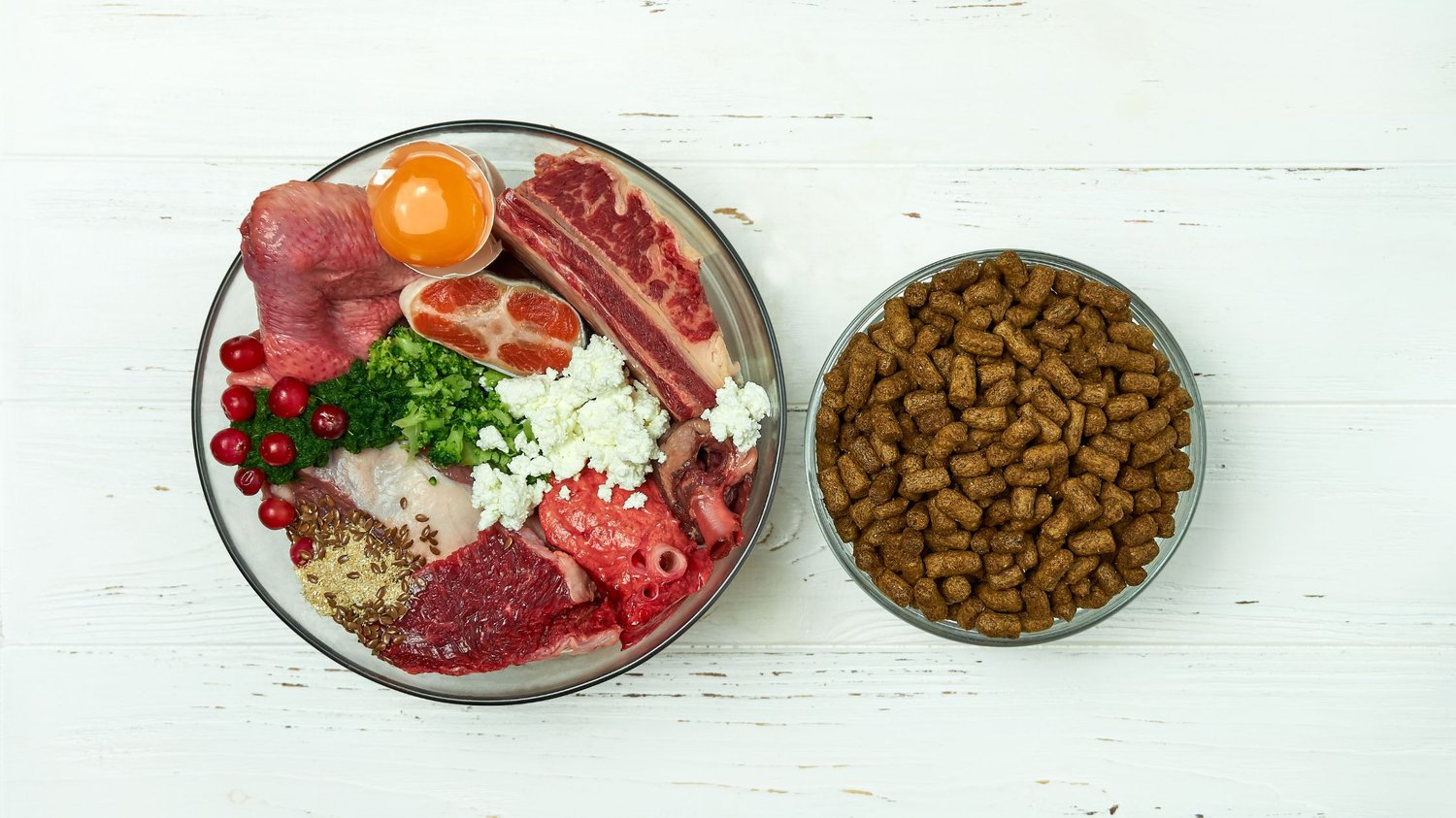
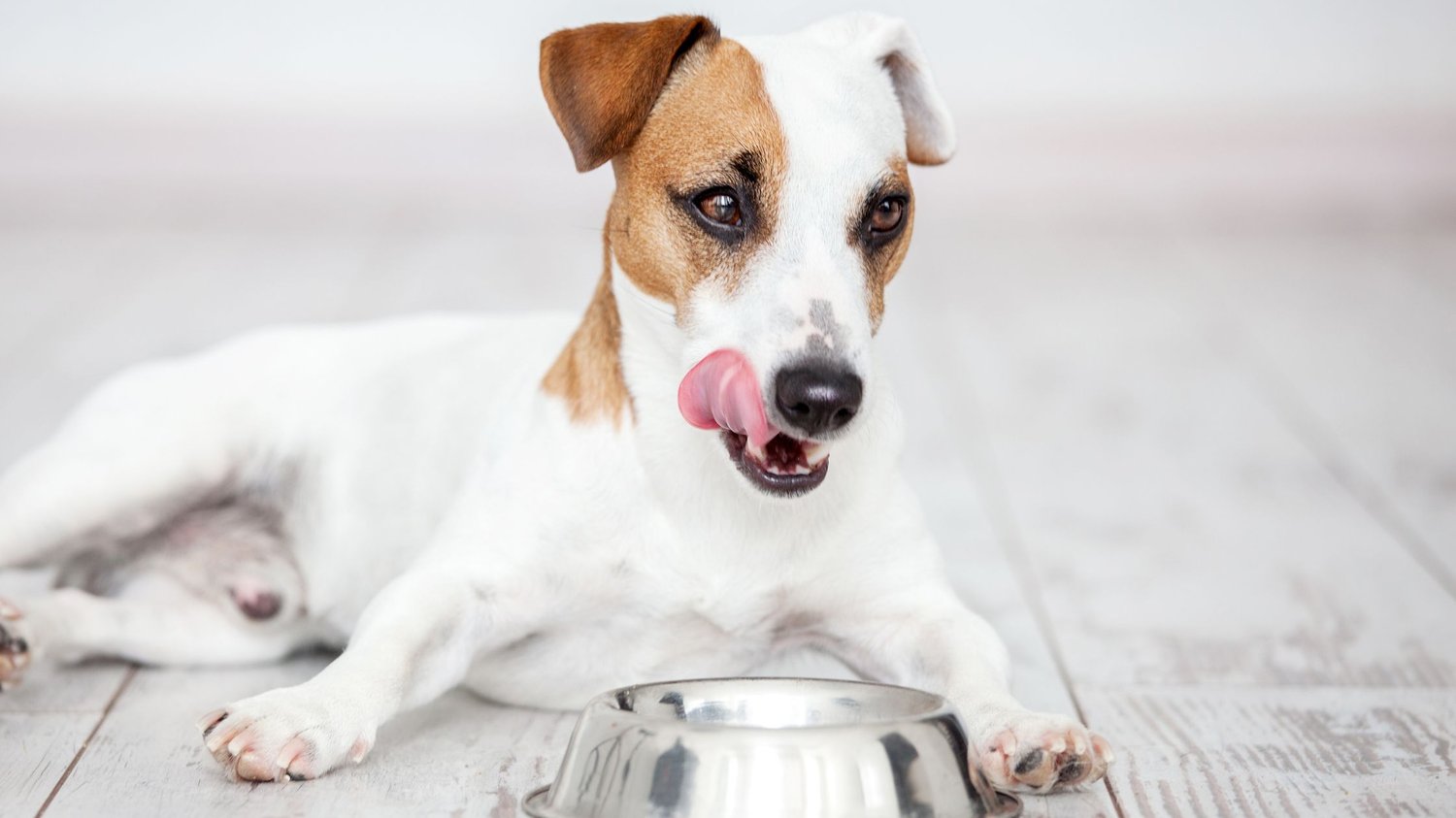
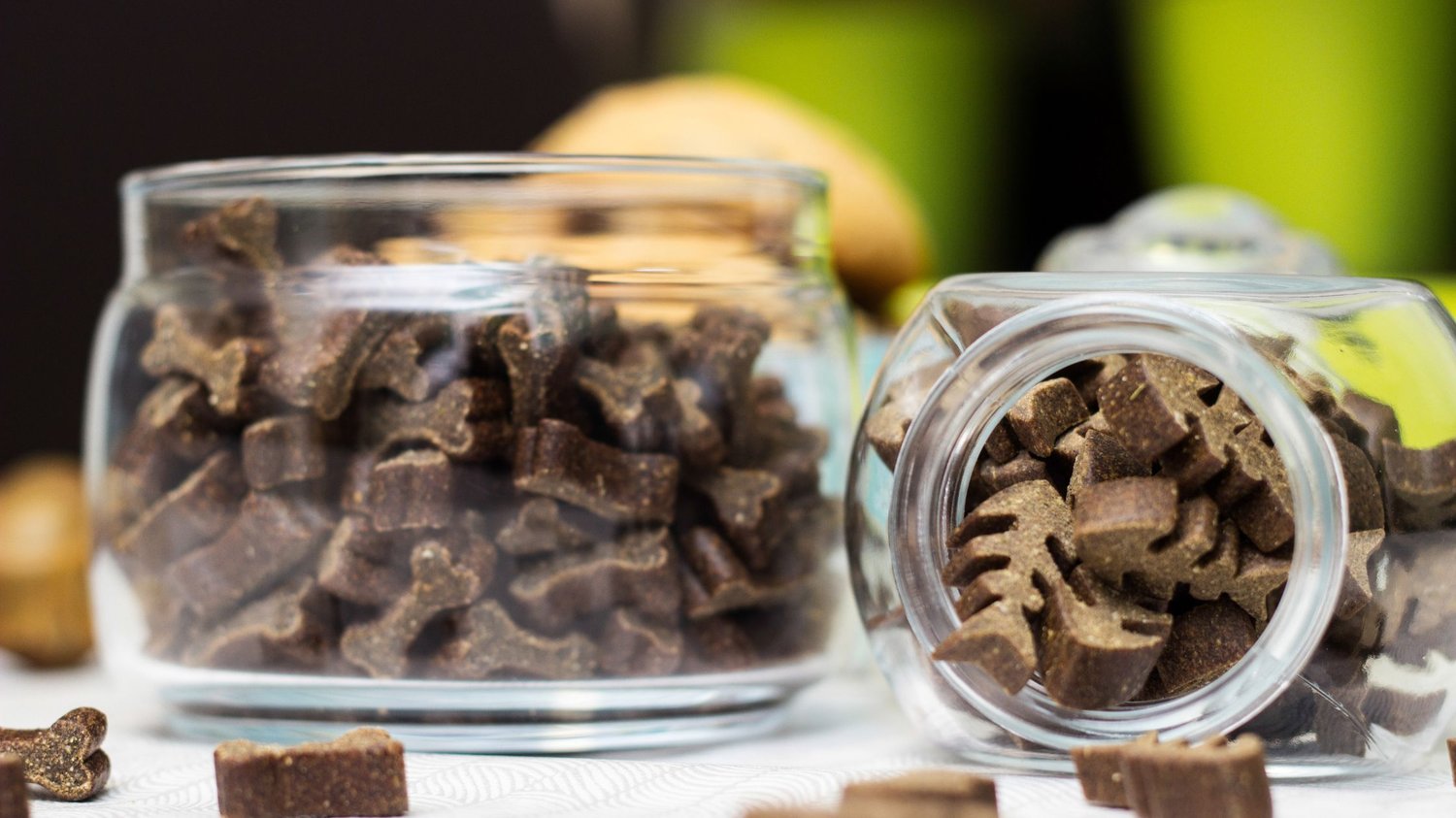
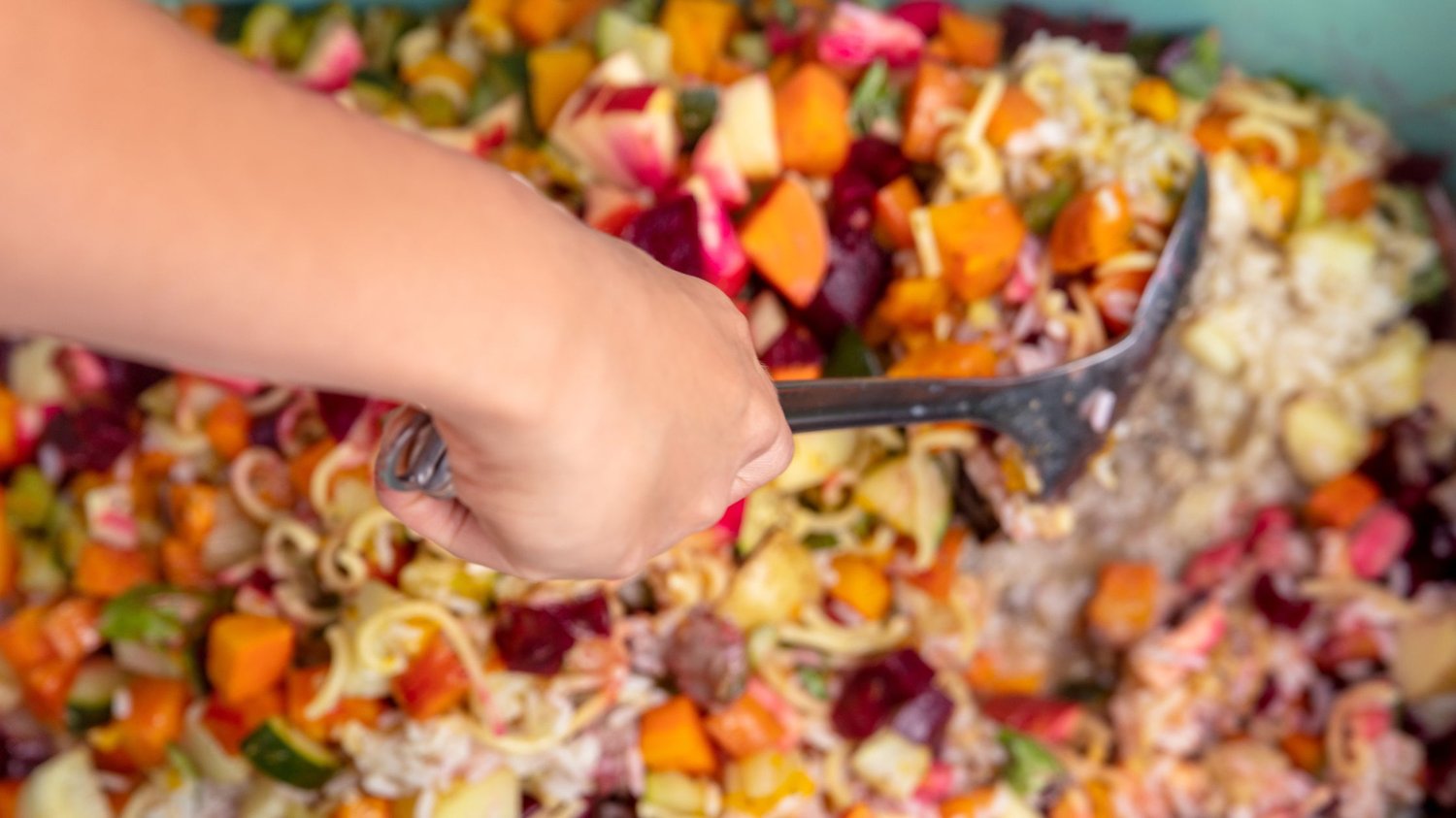
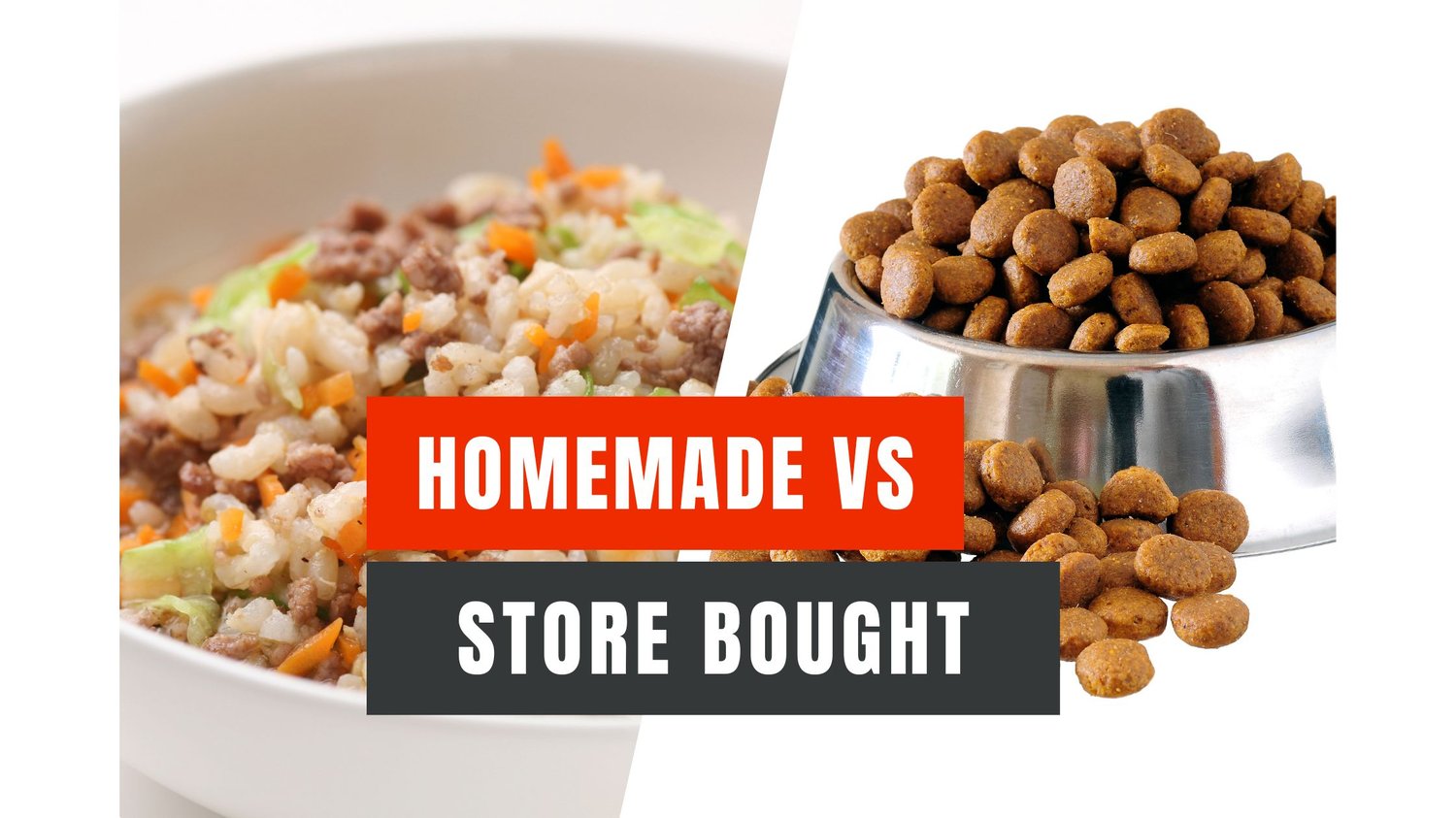
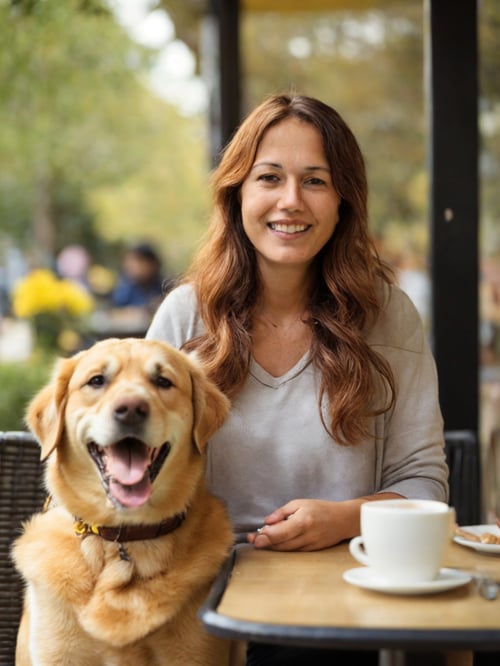
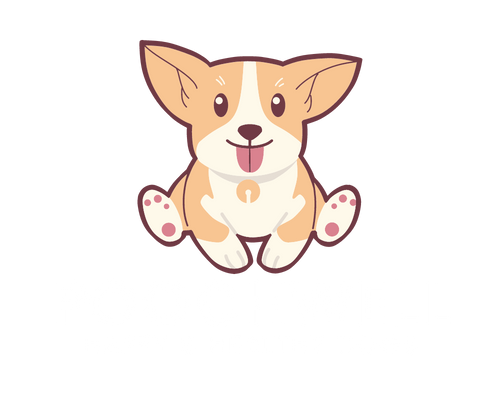
Comments ()